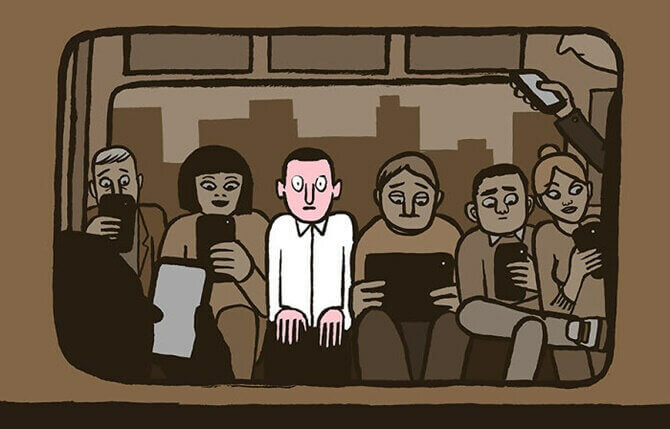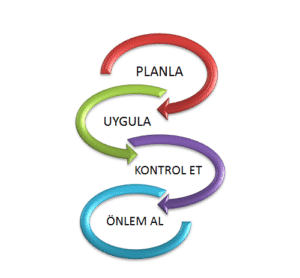People called psychiatry are characterized by diagnostic features such as superficial attractiveness, high intelligence, poor judgment and inability to learn from experience, pathological egocentrism, lack of shame, impulsivity, grandiosity, pathological lying, and manipulative behavior. Sayko means psychopath in Turkish, people with mental health disorders. Psychopaths love their parents, children, and animals in their own way. But they have trouble loving and trusting the rest of the world. Often, individuals identified as psychos suffer emotionally as a result of separation, great grief, loss of a loved one, or dissatisfaction with their own deviant behavior.
What is Antisocial Personality Disorder (ASPD)?

Antisocial personality disorder (ASPD), also known as sociopathy, is a psychological disorder related to psychopathy. Although often used to describe someone with a mental illness, psychopathy (according to some sources) is not an official diagnosis. Common symptoms are as follows:
- socially irresponsible behavior
- violate the rights of others
- inability to distinguish right from wrong
- difficulty showing remorse or empathy
- tendency to lie frequently
- manipulating and hurting others
- recurring problems with the law
- general disregard for safety and responsibility
In addition to these:
- Men are more likely to be diagnosed than women.
- Technically, you must be 18 years old to receive an ASPD diagnosis. However, some researchers suggest that he shows signs of conduct disorder at age 11, which may be an early indicator of ASPD.
- It is a chronic condition that seems to improve with age.
- People with ASPD have higher mortality rates due to their behavior.
It May Be Sorrow

The life histories of psychopaths are often characterized by a chaotic family life, lack of parental attention and guidance, parental substance abuse and antisocial behavior, abusive relationships, divorce, and negative neighbors.
Despite their extroverted arrogance, psychopaths feel inferior to others. Some psychopaths are superficially attuned to their environment. They may even be popular. However, they feel that they must carefully hide their true nature. They may be aware that this situation will not be accepted by others. This leaves psychopaths with a difficult choice: to adapt and join an empty, unreal life, or not to fit in and live a solitary life isolated from the social community. They see the love and friendship that others share and feel miserable knowing they will never be a part of it.
Pain and Violence

In psychopaths, loneliness, asociality, isolation, and associated emotional pain may precede violent criminal acts. They believe that the whole world is against them. As a result, they ask for special privileges or rights to satisfy their desires and are convinced that they deserve it.
As the notorious psychopathic serial killers Jeffrey Dahmer and Dennis Nilsen have put it, violent psychopaths eventually reach a point of no return where they feel they have cut the last thin connection with the normal world. Dahmer and Nilsen claim that they dislike the act of killing itself. After drugging his victims with sleeping pills, Dahmer tried to turn them into zombies by injecting acid into their brains.
Do not hurt yourself

Violent psychopaths are at high risk of directing their aggression towards themselves as well as others. A significant number of psychopaths die or suffer great harm as a result of their own behavior shortly after discharge from forensic psychiatric treatment.
Is there a treatment?

In the last decade, neurobiological explanations for many features of psychopathy have become available. It is possible to reduce features such as emotion seeking, impulsivity, aggression and related emotional pain with the help of psychotherapy, psychopharmacotherapy and/or neurofeedback.
Studies

According to research, it is extremely important to recognize hidden suffering, loneliness and lack of self-confidence as risk factors for violence and criminal behavior in psychopaths. Examining the testimonies of psychopaths who engage in violent behavior when prosecuted sheds light on their striking and specific vulnerabilities and emotional pain.















